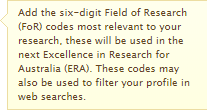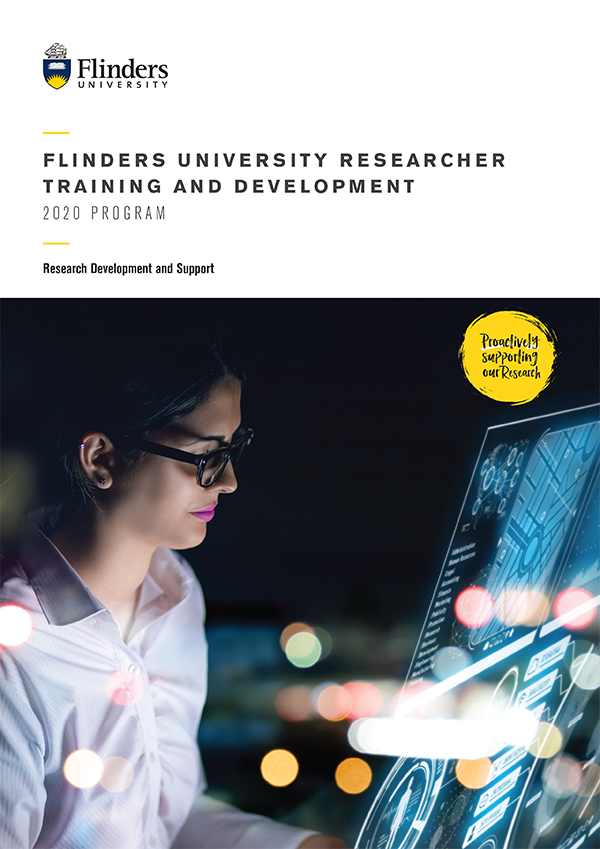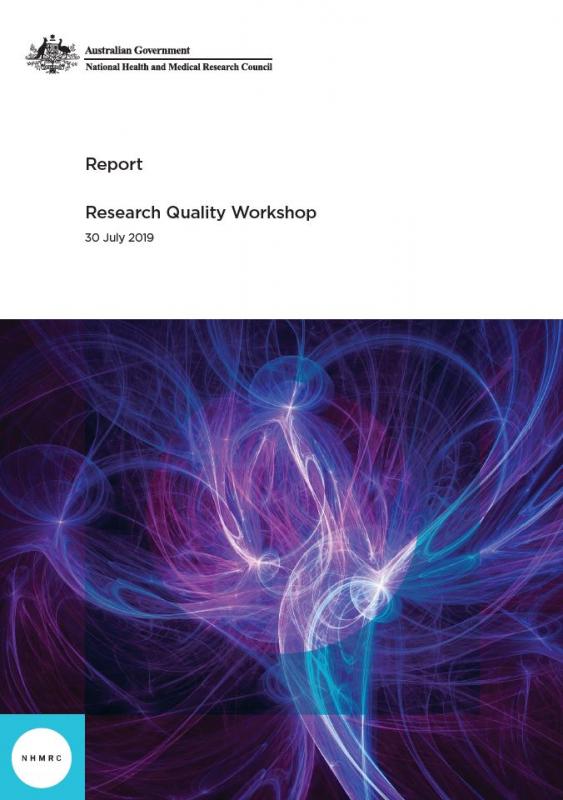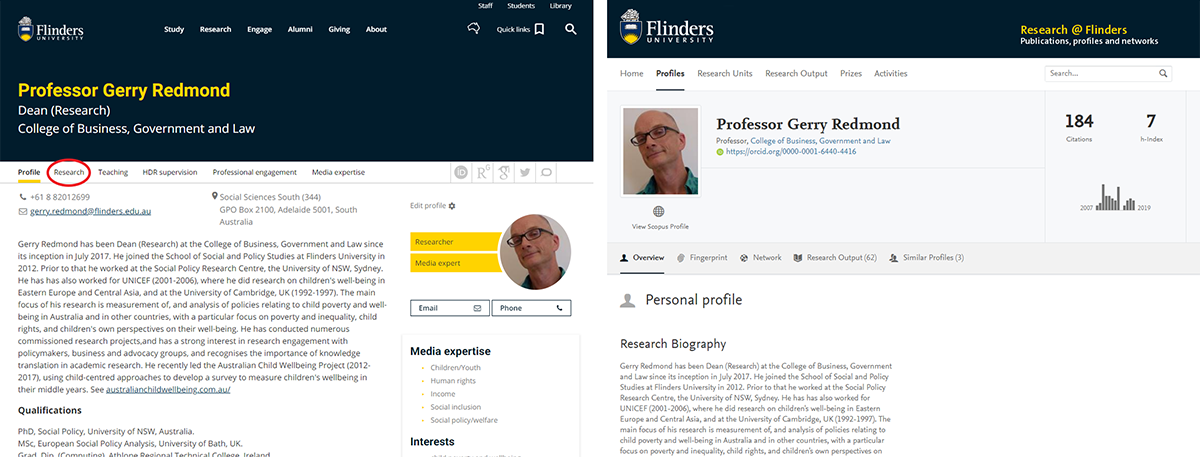Flinders Research NewsProtecting Your Research in Controlled Environments – Review and Valuation

Our University’s vision is to be internationally recognised as a world leader in research, and our success in this regard relies on the work and efforts of our researchers. To ensure the millions of dollars-worth of Flinders’ scientific research is appropriately protected the University prioritises an active risk management approach to our research Controlled Environments.
Any Flinders researcher who has any research work in a Controlled Environment is strongly encouraged to attend a forthcoming seminar, 17 March, live or online to help them fully understand how to ensure their work is appropriately protected.
What are ‘Controlled Environments’?
The majority of our research and experiments are undertaken and stored in Controlled Environments: these are spaces or equipment that require a controlling mechanism. Examples include (but are not limited to) research laboratories, research-related freezers/fridges, greenhouses, animal houses and even oxygenated fish tanks.
What’s happened that affects me as a researcher?
Across Australia over the last couple of years, the number and value of insurance claims for research spoilage losses in Controlled Environments at universities have increased considerably.
As a result, Flinders’ insurer, Unimutual, has changed cover levels for reinstating spoiled research due to Controlled Environment failure. Recognising that changes to how the University protects its research will take time to implement, Unimutual has given us a “period of grace” until 1 November 2020 when these cover changes will come into effect.
In preparation for this change, a Controlled Environment review and valuation is due to occur during March/April, which is intended to identify, value and record research in Controlled Environments.
The involvement of all researchers working with Controlled Environments will be critical to the process of accurately recording Flinders’ research, so come along to this session to find out more.
What are these cover changes?
In summary, any spoilage loss of research held in a Controlled Environment deemed by Unimutual to be ‘unmitigated’ (i.e., without appropriate measures taken to ensure reasonable protection, eg a back to base alarm that is monitored 24 hours a day) will have lower limits and increased excesses, leaving Colleges and other research centres with significant increased costs for reinstating lost research.
What’s Flinders doing to appropriately protect my research?
A Controlled Environment review and valuation is due to occur during March/April, which is intended to identify:
- Where are the University’s research Controlled Environments;
- Estimated reinstatement costs for said research; and
- What control mechanisms currently exist.
Recording the above will inform the University’s action plan for minimising the likelihood and/or scale of further research losses and is a key element of how losses will be assessed by the insurer.
The involvement of all researchers working with Controlled Environments will be critical to the process of accurately recording Flinders’ research, and the University will help our researchers identify, value and record their work.
What next?
In preparation for the University’s Controlled Environment research review and valuation, Simon Iliffe, Unimutual’s Risk Manager and expert in Controlled Environments risk will be presenting an information seminar in Health Sciences Lecture Theatre 1.09 on Tuesday 17 March 2020, 11 am-1 pm. Please enrol now via ienrol. This event will also be livestreamed on the web for regional sites and researchers to tune in. Also look out for more information in upcoming College newsletters.
Any Flinders researcher who has any research work in a Controlled Environment is strongly encouraged to attend this seminar (live or online), to help them fully understand how they should support the review and valuation, and how to ensure their work is appropriately protected.
Please direct all queries as per below:
- College of Medicine and Public Health – Angela Binns
- College of Science and Engineering – Craig Sellick
- College of Nursing and Health Sciences – Julianne Fox
- College of Education, Psychology and Social Work – Stanley Flavel
- College of Humanities, Arts and Social Sciences – Scott Castledine
- Queries regarding insurance – Olga Pinto






















